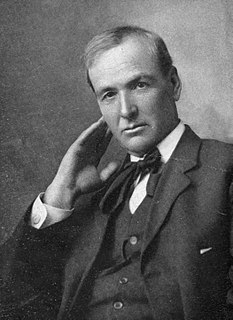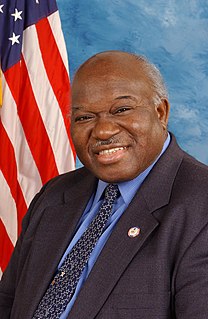A Quote by Mary Ritter Beard
In their (women) quest for rights they have naturally placed emphasis on their wrongs rather than their achievements and possessions, and have retold history as a story of their long martyrdom
Related Quotes
Coming to terms with the rhythms of women's lives means coming to terms with life itself, accepting the imperatives of the body rather than the imperatives of an artificial, man-made, perhaps transcendentally beautiful civilization. Emphasis on the male work-rhythm is an emphasis on infinite possibilities; emphasis on the female rhythms is an emphasis on a defined pattern, on limitation.
A necessary part of our intelligence is on the line as the oral tradition becomes less and less important. There was a time throughout our land when it was common for stories to be told and retold, a most valuable exercise, for the story retold is the story reexamined over and over again at different levels of intellectual and emotional growth.
To ask about the 'source' of rights or morals assumes an erreous conclusion. To ask about the source of morals is to assume that such a source exists. As if it existed outside of human constructed systems. The 'source' is the human ability to learn from experience and to entrench rights in our laws and in our consciousness. Our rights come from our long history of wrongs.
The international community cannot accept that whole communities are marginalized because of the color of their skin. People of African descent are among those most affected by racism. Too often, they face denial of basic rights such as access to quality health services and education. Such fundamental wrongs have a long and terrible history.








































